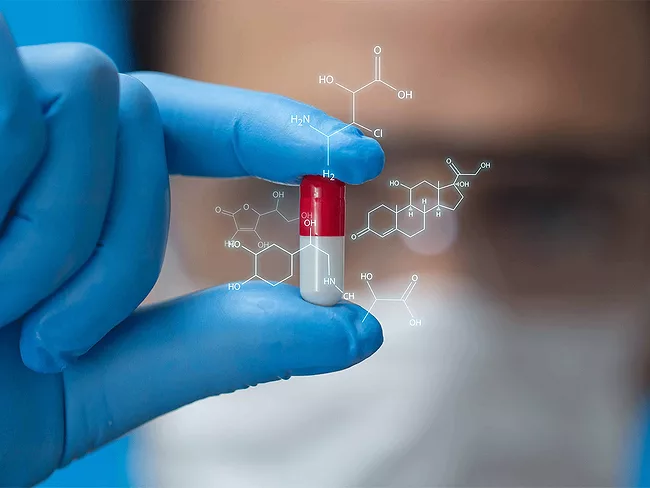
Substance use and poisoning
Substance use & poisoning
Novel GLP-1R/Y1R/Y2R triple agonist reduces fentanyl taking and seeking in rats
Read MoreSubstance use & poisoning
Indivior advances GABA-B PAM program for substance use disorders through IND-enabling studies
Read MoreSubstance use & poisoning
CREG1 protects against acetaminophen-induced liver damage by regulating autophagy
Read MoreSubstance use & poisoning
Ignite Biomedical, Liquid Biosciences discover new biomarkers for substance use disorder
Read MoreSubstance use & poisoning







